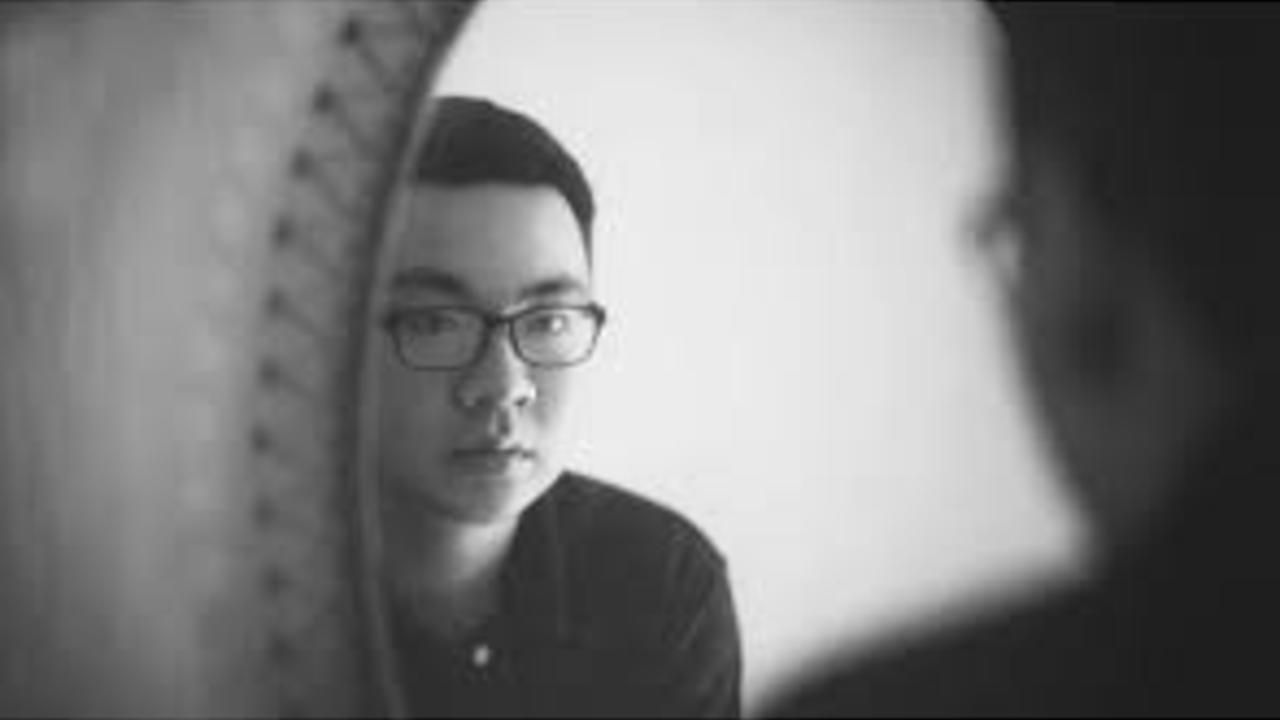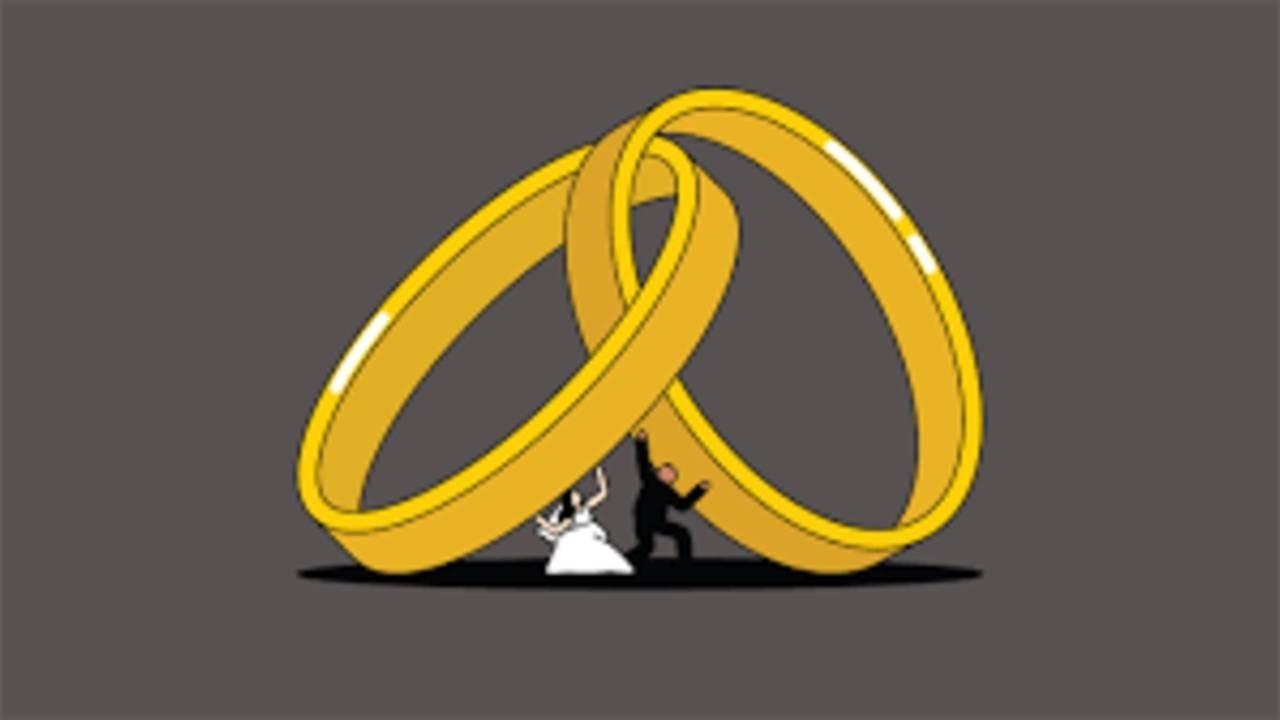How To Recognize The Signs Of Narcissistic Personality Disorder

“Narcissism” is a term that gets thrown around too often, in my opinion. In popular culture, the term has come to be loosely equated with grandiosity, entitlement, self centeredness and a lack of consideration for others. This is not untrue.
However, this is an oversimplification of narcissism that leads to a lot of people mis-diagnosing friends, co-workers, bosses and mates.
First, let’s talk about the ways that the term narcissism can be used. Perhaps the world’s specialist in narcissism was Dr. Heinz Kohut. His contribution to the field is immeasurable; he described that every human being has a “narcissistic line of development,” and that we need to feel understood to develop a healthy, stable sense of self esteem.
In other words, narcissism is a healthy part of everyone that needs to be in proper balance; problems occur when one’s sense of self is simply unformed (psychotic or borderline personality), fragile (dependent personality or traumatized), shame-filled, and/o...
How To Write A Dating Profile & Meet A Quality Guy — Without Unnecessary Anxiety

It doesn't have to stress you out.
Why is writing an online dating profile so difficult and anxiety inducing?
This necessary first step in the dating dance often feels loaded because you are painting the first impression that any potential love interest will see.
You are essentially saying, “Hey, stranger, please judge me! (And, um, please judge that I’m good for you!)”
And knowing how to overcome anxiety in order to write an effective dating profile for apps like Tinder, Bumble or Hinge is, like it or not, something you need to do if you want to find true love....
Rules for the (Dating) Road If You Have An Anxious Attachment Style

Are you anxious in your approach to love?
About 25% of the population approaches bonding with what scientists refer to as an anxious attachment style.
In the article What Is Anxious Attachment Style & How Can It Affect A Relationship, I walked you through an understanding of how this particular attachment style lends itself to predictable obstacles. Understanding who you are and what you need in any relationship is enormously empowering.
Let’s take this a step further and examine what to do about it when you’re dating!
If you know you are anxiously attached (not sure, take my Love Thyself course and I’ll walk you through all of that and much more!), you have a relatively hard time trusting, feeling safe, secure and loved.
Nonetheless, your ability and need to have a secure relationship can and should be met.
To get there, here are your basic rules of the road:
-
Get help learning to tolerate reasonable amounts of aloneness.
If you are constantly ru...
What Is Anxious Attachment Style & How Can It Affect A Relationship?

Attachment Theory is the scientific map of how we bond with others to increase our chances of survival! As mammals, we quite literally depend on emotional bonds with others to survive. Scientific studies have continued to underscore that the warmth and quality of our connections is the number one factor predictive of quality of life, longevity, and is even a huge factor in financial stability.
Scientists divide the styles that people adopt to bond into roughly 4 categories. About 50% of the population had a development such that they bond in a “secure style.” The other 50% of the population develop attachment styles such as avoidant, anxious or disorganized.
An anxious attachment style describes a person who finds it very difficult to rest in feelings of safety and security. Wondering if this is you?
Do you:
- Feel heightened, uncomfortable anxiety when separating from your partner?
- Find being alone to be highly uncomfortable for you?
- Wonder constant...
If You're Having These 6 Thoughts About Your Relationship, It’s Probably An Unhealthy One

Trust yourself.
Your inner monologue is helpful not only in relationship to better understanding yourself; it can also reveal your state of being — I.e., the quality of your present experience — in your relationship.
This state of being can help you discern whether the kind of thoughts you're having may be signs you're involved in an unhealthy, perhaps even toxic, relationship.
Unhealthy relationships are characterized by insecurity, distrust, preoccupation and disconnection....
What Is A Securely Functioning Relationship & What Are The Benefits When You're In One?

In my courses, and in psychotherapy, I guide people towards forming what we call a Securely Functioning Relationship. If you are working with me I am starting with the assumption that this is one of if not your primary goal!
The benefits of a secure bond include your essential life satisfaction, resiliency, insulation from life threatening diseases, better sleep, better moods, better cognitive functioning and athletic or professional performance.
You will hear me referring to this goal as “the land of the extraordinary.” That is because a securely functioning relationship is truly extraordinary-- in experience, and in the benefits it provides.
The term “securely functioning” comes from the language of Attachment Theory. Attachment Theory is the scientific theory that describes how we behave when we bond to another person.
Our Attachment System is the biological system that is activated when we bond to another person and guides our bonding behavior.
Scientists ...
Can You Have A Healthy, Committed Relationship Without Marriage?

A generation ago, marriage was an obvious and assumed step into adulthood and commitment. Today, many people find themselves wondering, is marriage actually the precursor to either commitment or happiness?!
To what extent does marriage define commitment? To what extent does marriage indicate the security and healthy feelings or behaviors that are meant to come with it? Does marriage contribute to, let alone guarantee fidelity, financial security, trust, or happiness?
Let’s face it, marriage does not in and of itself guarantee a commitment.
We are all too aware of the statistics about infidelity and divorce. So walking down the aisle and signing a document do not in any way guarantee a real commitment.
At the same time, the experience of commitment is a necessary component of a healthy, securely functioning bond that lasts.
The reason for this is that commitment provides several necessary psychological conditions necessary for a relationship functioning. One, commitm...
If You're Anxious About Your Relationship, Repeat These 9 Affirmations Everyday

Be secure in your relationship.
When anxiety about your relationship attacks, there is a solution to curb those anxious feelings: positive affirmations.
While we don’t choose our feelings, we do choose our belief systems and our belief systems give rise to our feelings and reactions to situations....
10 Reasons Why You Should Love Yourself

The essential reasons to love yourself might include: a. It feels good and b. You’ll be the kind of person you’d want to be with (which means you’ll attract the kind of person you want to be with!).
The reasons for this may not seem obvious. This is because the definition of self love is a little more nuanced than you might think. Self love is not the same as self esteem or feeling proud of your accomplishments. Self love also does not end at self care practices like good hygiene, good boundaries, stress management and exercise.
I define self love as the capacity to know, process and make meaning of one’s internal experience in the absence of blame or shame.
As my wise 5-year old told me, “you don’t pick your feelings, but you pick your actions” (straight from the mouth of Spidey).
It’s true, we don’t pick our feelings. So it always surprises me when people express feelings of shame, blame or judgment towards the feelings they do have. Why would you impose judgment on s...
If You Have These 9 Thoughts About Your Relationship, It’s Probably A Healthy One

One of the most powerful relationship skills you can have is knowing what a healthy relationship looks and feels like. Most people know what hasn’t worked for them, but have a hard time defining and feeling confident picking a healthy relationship. This is especially tricky because we know that healthy relationships are not “perfect” relationships!
Dr. Judith Wallerstein did some fantastic research about the commonalities of healthy relationships. She was the first researcher to ask what healthy relationships actually felt like to the people in them. Her primary finding was that a healthy relationship feels like a unique, co-created world that the two partners share. Every “world” is different, but this qualitative presence exists in all of the healthy relationships she studied.
How do you know if you’re in a relationship that has this quality, even when it’s hard? Or if you’re beginning a relationship that has this potential?
The thoughts you have about your relationshi...

